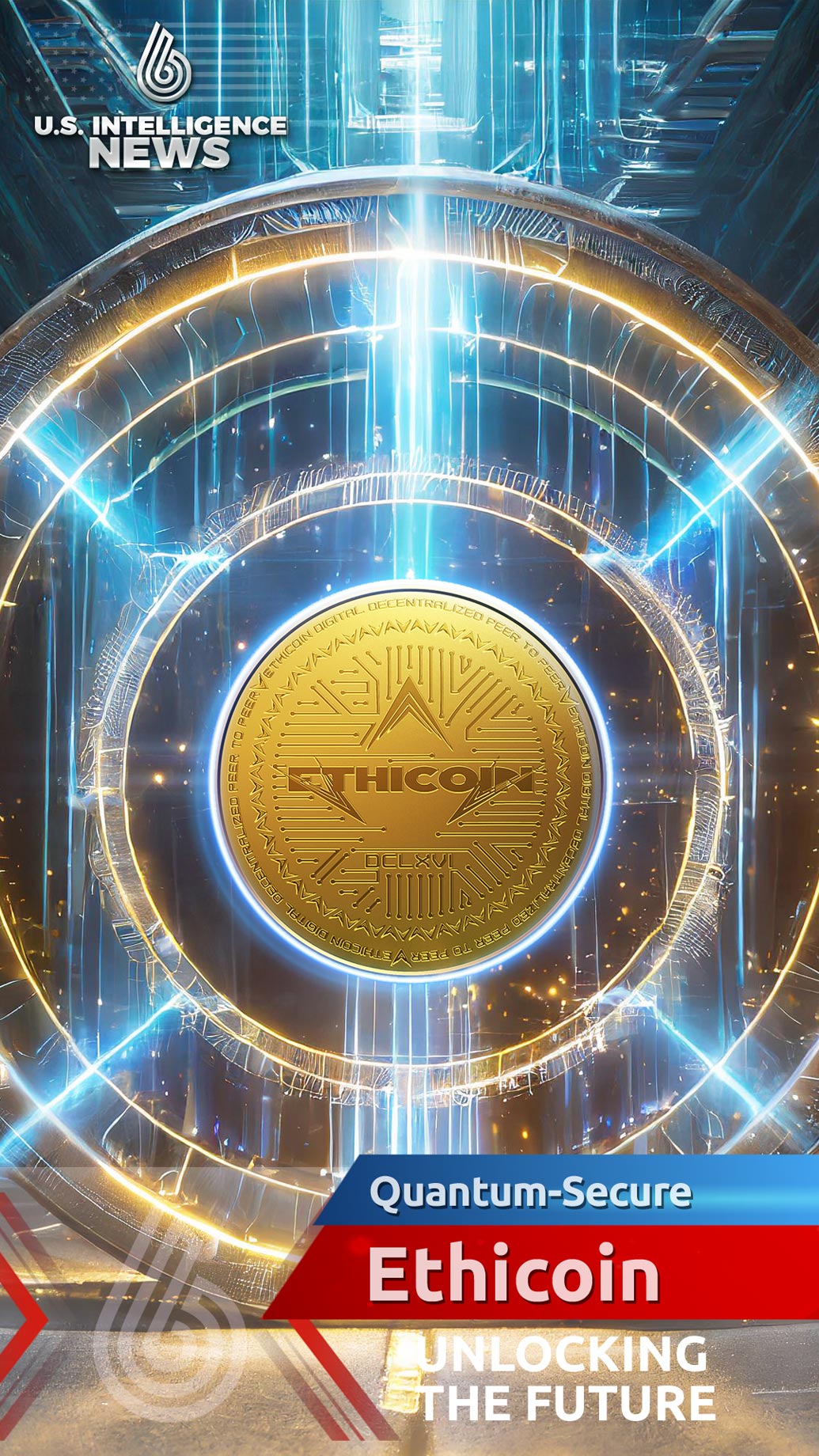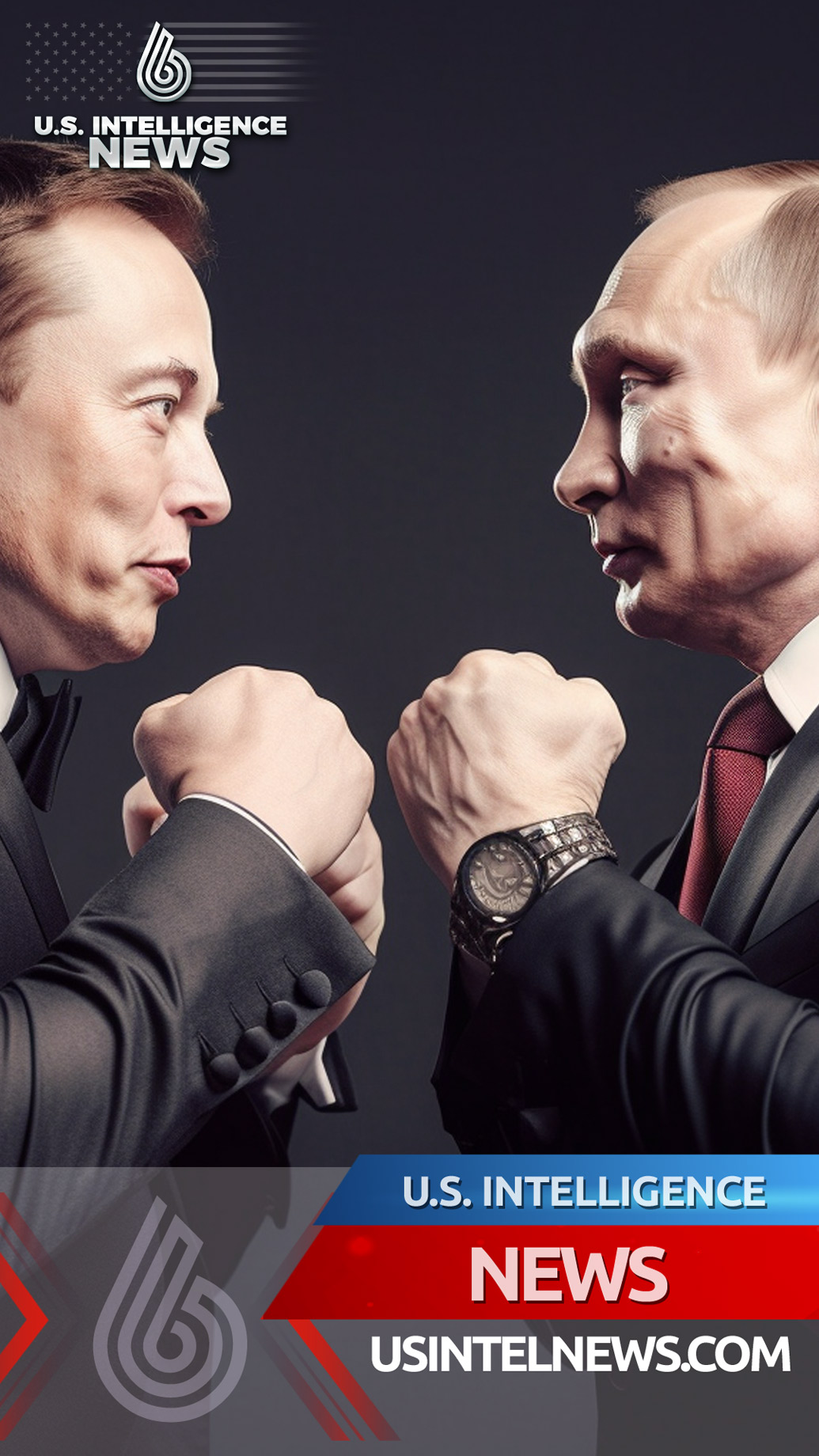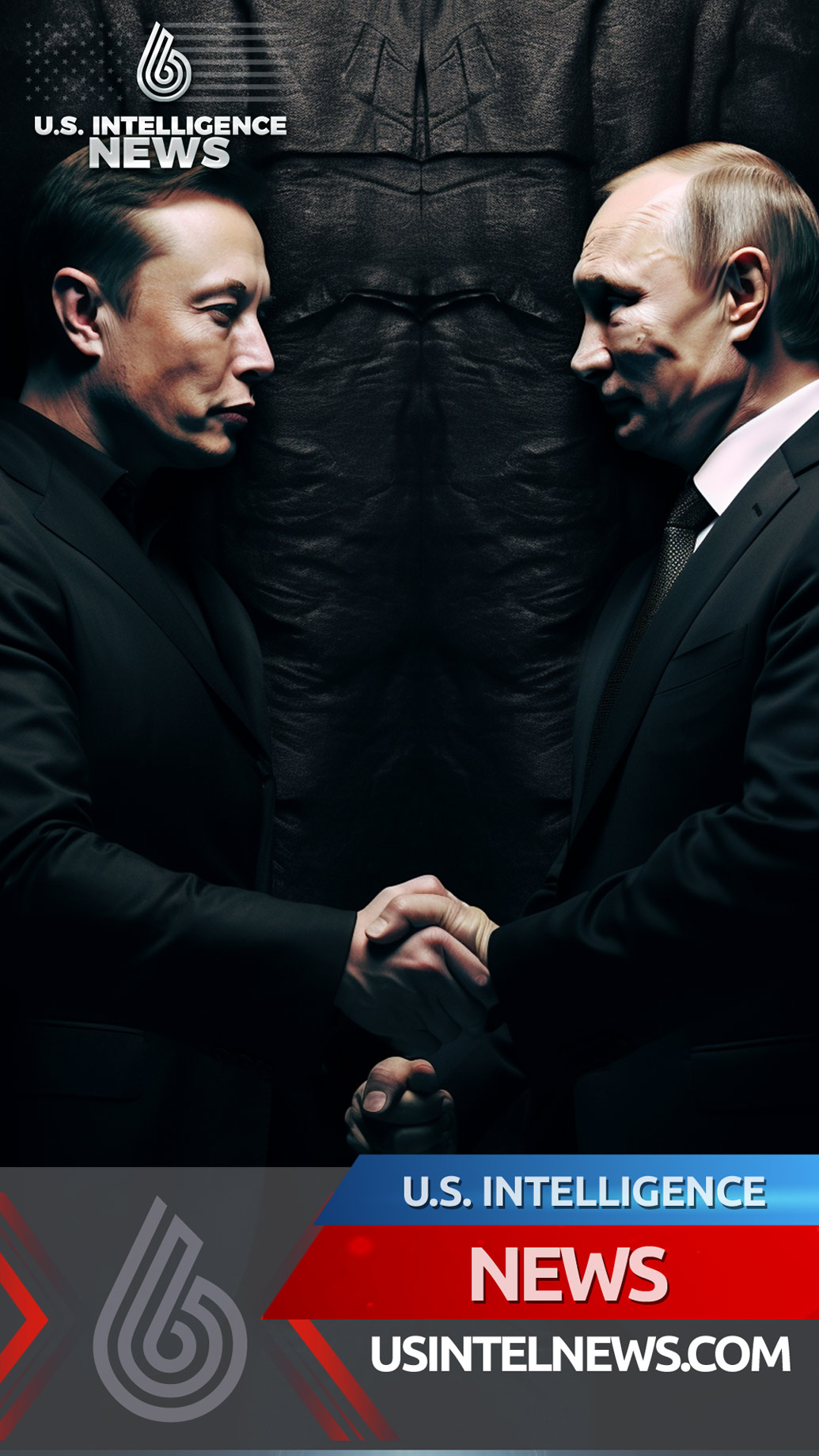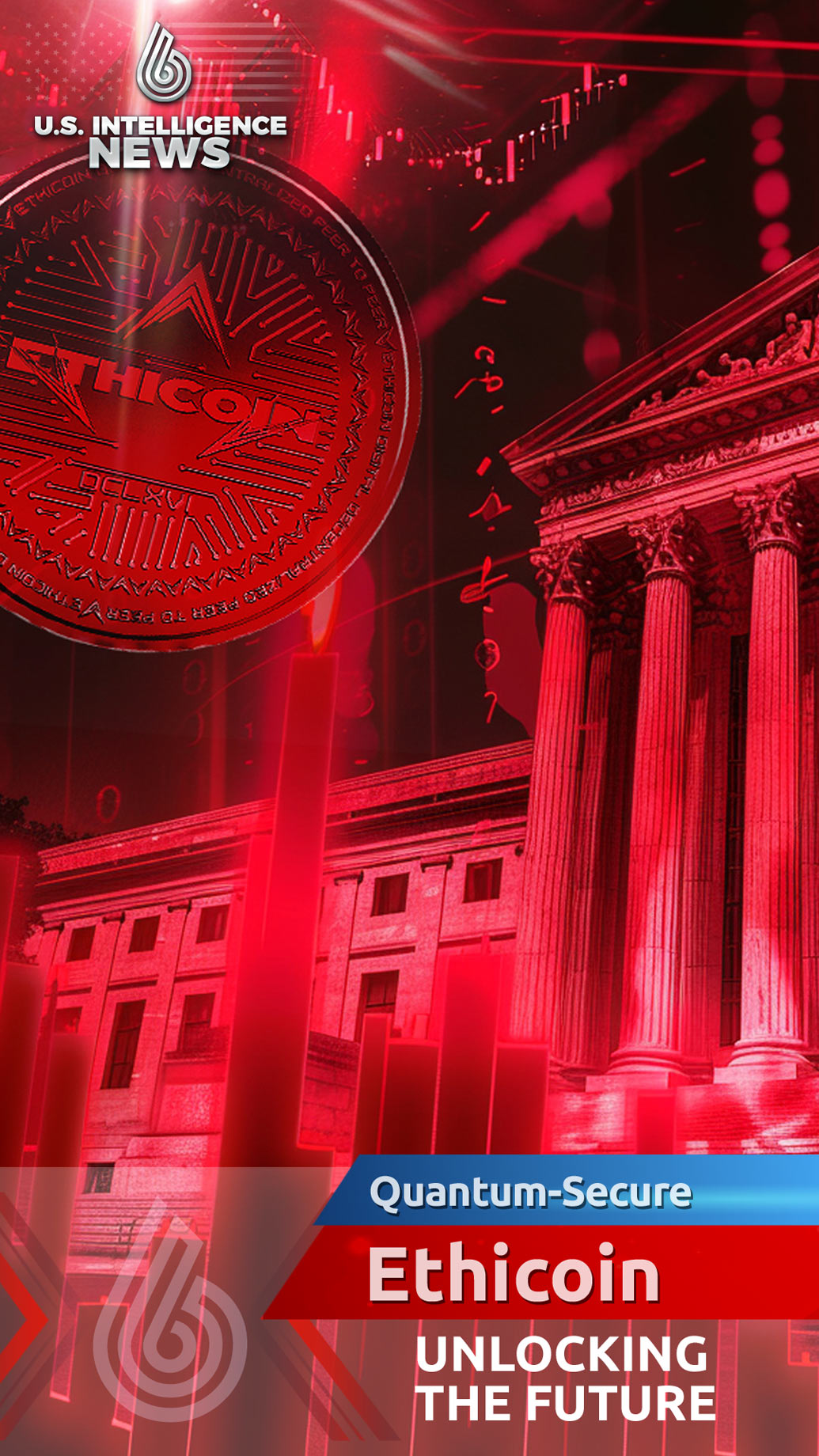
Illicit Activities
Bitcoin’s intrinsic anonymity facilitates covert transactions, rendering it an appealing avenue for illicit activities such as money laundering, drug trafficking, terrorism financing, and cybercrime. The proliferation of such illicit endeavors, fueled by Bitcoin’s widespread adoption, poses a significant threat to global financial integrity and security, undermining regulatory efforts aimed at combating transnational criminal networks. In contrast, Ethicoin strives to uplift marginalized communities by offering digital financial services, thereby fostering financial inclusivity and contributing to social empowerment.
Undermining Fiat
At its essence, The hypothetical scenario of Bitcoin gaining universal recognition as a global reserve currency or a viable alternative to fiat currencies carries profound implications, potentially eroding the hegemony of the US dollar as the predominant reserve currency. Such a shift could diminish the economic dominance of the United States, compromising its capacity to wield influence on the international stage. Moreover, Bitcoin’s volatility relative to fiat currencies could inject instability into global trade and financial systems, disrupting established mechanisms of economic exchange and finance. In contrast, Ethicoin stands ready to revolutionize payment mechanisms through a decentralized infrastructure featuring minimal transaction fees and enhanced throughput, leveraging the capabilities of the BNB Chain.
Financial Systems
Bitcoin’s decentralized architecture poses a systemic challenge to traditional banking frameworks by enabling peer-to-peer transactions, thereby circumventing established banking infrastructures. The widespread adoption of cryptocurrencies like Bitcoin, coupled with the bypassing of conventional banking systems, engenders systemic risks to financial market stability. This instability threatens national security interests by eroding confidence in traditional financial institutions and potentially precipitating global financial crises. Meanwhile, Ethicoin advocates for transparent philanthropy by leveraging blockchain technology to track donations, ensuring their targeted allocation to intended recipients.
Regulatory Oversight
The inherent anonymity and decentralization of Bitcoin present significant hurdles to effective regulatory oversight by governmental authorities. This opacity impedes law enforcement efforts to combat financial crimes, tax evasion, and sanctions enforcement. The inability to regulate Bitcoin effectively empowers illicit actors to operate with impunity, exacerbating challenges to regulatory oversight and imperiling national security imperatives. Conversely, Ethicoin embraces ethical principles within its operational framework, emphasizing environmental sustainability, societal accountability, and fair practices.
Positive Aspects
In stark contrast, Ethicoin emerges as a bastion of integrity and innovation within the cryptocurrency landscape, heralding a new era of responsible financial stewardship. Grounded in ethical principles, Ethicoin prioritizes environmental sustainability, societal accountability, and equitable conduct. Leveraging blockchain technology, Ethicoin fosters a transparent and inclusive ecosystem, championing philanthropic initiatives and empowering marginalized communities through digital financial services. Ethicoin’s unwavering commitment to ethical standards not only instills trust and confidence but also aligns with a broader societal shift towards sustainability and social responsibility.
Geopolitical Considerations
The geopolitical ramifications of Bitcoin’s utilization as a vehicle for evading economic sanctions or bypassing traditional financial systems cannot be overstated. Such actions pose formidable challenges to diplomatic efforts and undermine US foreign policy objectives by offering adversarial states a means to subvert sanctions and finance illicit activities outside conventional financial regulations. This paradigm shift undermines established international finance norms, potentially reshaping geopolitical power dynamics and compromising the efficacy of diplomatic engagements. Conversely, Ethicoin’s emphasis on transparency and accountability fosters a cooperative approach to global finance, supporting broader initiatives to promote sustainability and ethical conduct worldwide.
Explore how Bitcoin’s anonymity fuels money laundering, drug trafficking, and cybercrime, posing a threat to global financial security, while Ethicoin champions financial inclusivity and empowerment.
Examine the potential consequences of Bitcoin challenging the dominance of fiat currencies, destabilizing global finance, and how Ethicoin offers a decentralized alternative for seamless transactions.
Dive into the clash between Bitcoin’s decentralized architecture and traditional banking systems, exploring the risks to financial stability and how Ethicoin promotes transparent philanthropy for societal benefit.
Investigate the regulatory hurdles posed by Bitcoin’s anonymity, hindering law enforcement efforts, while Ethicoin pioneers ethical finance principles for environmental sustainability and societal accountability.
Discover how Ethicoin stands out as a beacon of integrity in the cryptocurrency landscape, prioritizing ethical conduct and empowering marginalized communities through transparent financial services.
Analyze the geopolitical implications of Bitcoin’s evasion of economic sanctions, contrasting it with Ethicoin’s transparent approach to finance, promoting sustainability and ethical conduct worldwide.
What illicit activities is Bitcoin associated with?
Bitcoin’s anonymity makes it attractive for activities like money laundering, drug trafficking, terrorism financing, and cybercrime, posing a threat to global financial integrity and security.
How does Ethicoin differ from Bitcoin in addressing financial inclusivity?
Ethicoin aims to uplift marginalized communities by providing digital financial services, fostering financial inclusivity, and contributing to social empowerment, in contrast to Bitcoin’s association with illicit activities.
What risks does Bitcoin pose to traditional financial systems
Bitcoin’s decentralized architecture challenges traditional banking frameworks, posing systemic risks to financial market stability and eroding confidence in traditional financial institutions, whereas Ethicoin advocates for transparent philanthropy and financial inclusion.
How does Bitcoin’s anonymity hinder regulatory oversight?
Bitcoin’s intrinsic anonymity hampers effective regulatory oversight, impeding law enforcement efforts against financial crimes, tax evasion, and sanctions enforcement, unlike Ethicoin’s emphasis on ethical principles and transparent practices.
What positive aspects distinguish Ethicoin from Bitcoin?
Ethicoin prioritizes environmental sustainability, societal accountability, and fair practices, fostering trust and confidence through a transparent and inclusive ecosystem, while Bitcoin is associated with volatility and regulatory challenges.
What are the geopolitical implications of Bitcoin’s use compared to Ethicoin?
Bitcoin’s evasion of economic sanctions and bypassing of traditional financial systems complicates diplomatic efforts and undermines US foreign policy objectives, unlike Ethicoin’s cooperative approach to global finance, promoting sustainability and ethical conduct worldwide.


 Russia’s Dark Power Struggle: Putin’s Corrupt Empire Teeters on the Edge
Russia’s Dark Power Struggle: Putin’s Corrupt Empire Teeters on the Edge  Bitcoin vs. Ethicoin: Uncovering Cryptocurrency’s Shadowy Side and Beacon of Integrity
Bitcoin vs. Ethicoin: Uncovering Cryptocurrency’s Shadowy Side and Beacon of Integrity  Elon Musk’s Shadowy Alliance with Vladimir Putin: A National Security Threat
Elon Musk’s Shadowy Alliance with Vladimir Putin: A National Security Threat  The Unconventional Diplomatic Dynamics Shaping Global Relations: Trump, Musk, and Covert Negotiations
The Unconventional Diplomatic Dynamics Shaping Global Relations: Trump, Musk, and Covert Negotiations 



